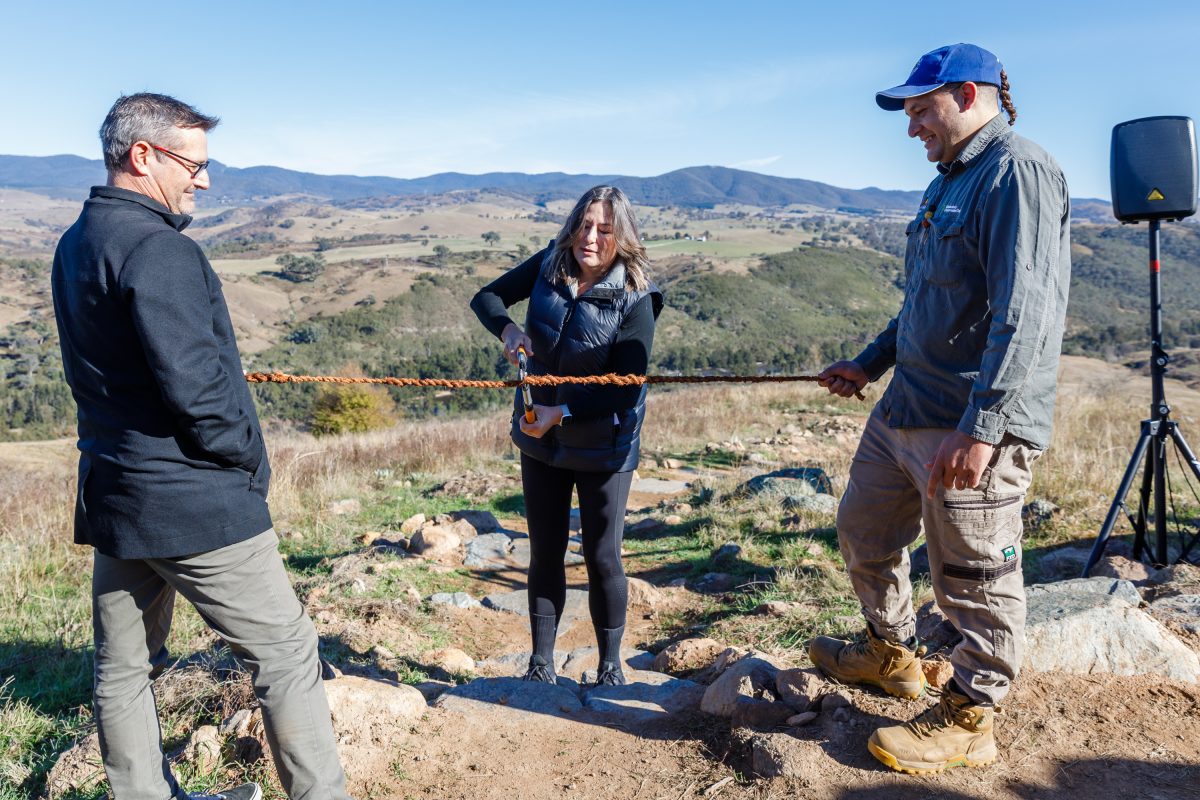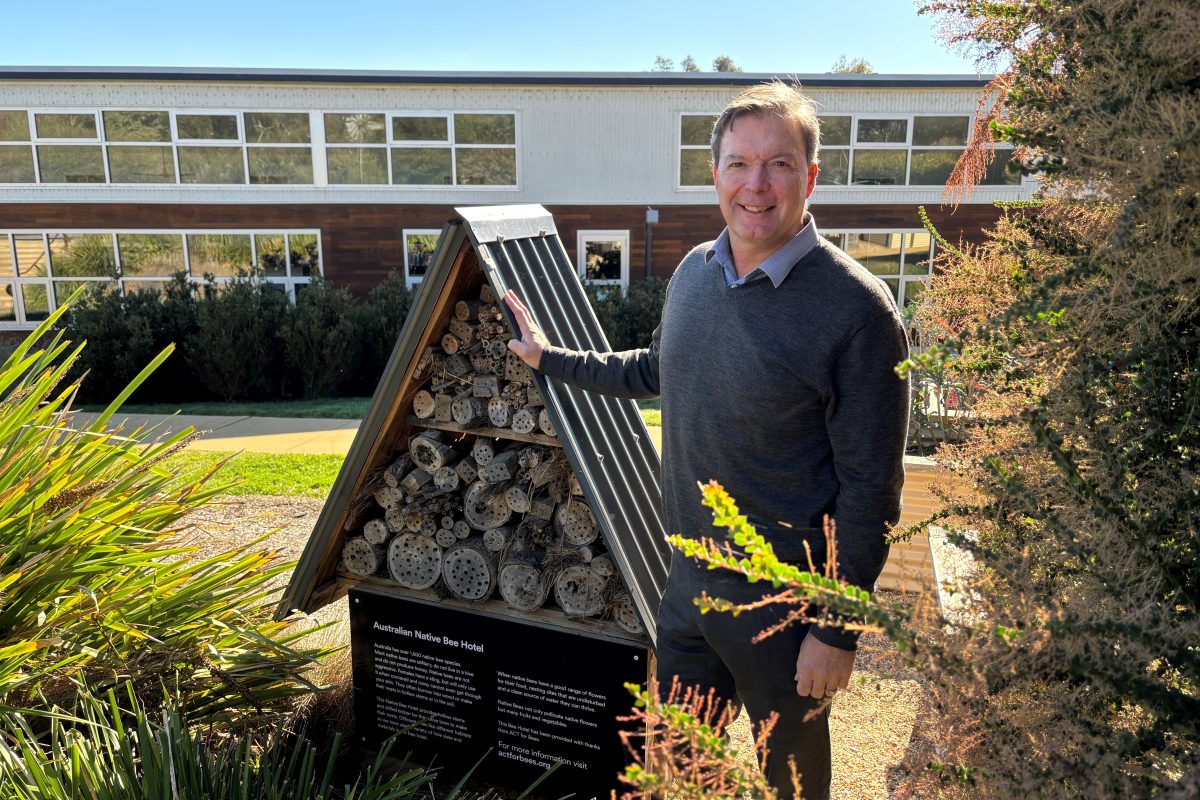Get a wriggle on. Why you need to start a worm compost now!
Spare a thought for the humble worm. Considered an unpleasant occupant of garden beds and moist soil, not enough of us give them credit for the environmental saviours they have the potential to be.
But urban worm farms are one of the best ways to compost kitchen waste. This can have a massive impact on the environment. It turns out that being responsible for our personal kitchen waste is the single most powerful form of direct action we can take against climate change, natural resource depletion and food insecurity.
When food rots it emits both the greenhouse gases of methane and nitrous oxide that are respectively 31 and 310 times stronger than carbon dioxide. Meanwhile global warming is contributing to top soil depletion, with the United Nations warning we have only 60 years of soil fertility left.
So let’s consider how a squirm (the collective noun for worms) can help save us from ourselves. We talk to proud worm mum and Ginninderry Sustainability Manager Jessica Stewart who takes us on the cheap, easy and extremely gratifying journey of owning a worm farm.
When and how did you first learn about the composting might of the humble worm?
Back in the day when I worked for a government department we had a food waste bin service run by the amazing local company – Global Worming. Cid was so passionate about his worms that it was catching!
Where did you get your worm farm and where is it in your home? What do you use it for?
I actually got my latest worm farm from my local buy-nothing group. There are often worm farms popping up on there!
I have two working worm farms – each with three layers. My worm farms are out the back of our place – I try to keep them out of full sunlight – with a direct eye line to our kitchen door so I don’t forget to check on them!
The worms take the majority of our food scraps (they don’t like citrus or onions in large quantities) as well as shredded paper, egg cartons and torn up cardboard.
What are the advantages?
Worm farming is great!
Want a pet? Worms are the easiest pets you’ll ever have! They clean up after YOU (not the other way around!), their poo is actually GREAT for your garden, and they will look after themselves while you’re on holiday (to a point!)…
Worm farms are a brilliant education tool for kids about food waste, soil health, and caring for animals. It’s also a great excuse to get your hands dirty!
Worm farming at home means that all of those good nutrients from your waste can be put straight back into your soil.
While the introduction of FOGO bins (Food Organics/Garden Organics) will be a great addition to Canberra, it means that all of that good compost-making material is leaving your block.
Are there any disadvantages of keeping worms?
Worms don’t like really hot temperatures (like most Canberrans!). Other than that, they are pretty self-reliant.
Do you feel emotionally connected to your worms?
Oh, I just love them! My friends must think I’m crazy because every time they visit I want to show them my worms!
What are the dos and don’ts of responsible worm parenting?
There are a bunch of great groups and resources on worm farming (check out this one)! Got a question? Almost always someone will have dealt with it before!
Like most people, worms want a nice place to sleep (cardboard, egg cartons, newspaper, shredded paper), a variety of foods (good in moderation) and water (moisture in and moisture out!).


